
Research specialties
There are heaps of fascinating research projects on the go at UC. From removing environmental pollutants to condensates in cancer, learn about our research specialties.
-
Advanced materials and nanotechnology
Specialist UC researchers work on nanotechnology and condensed matter, natural fibres and biocomposites, and more. Check out our research on advanced materials and nanotechnology.
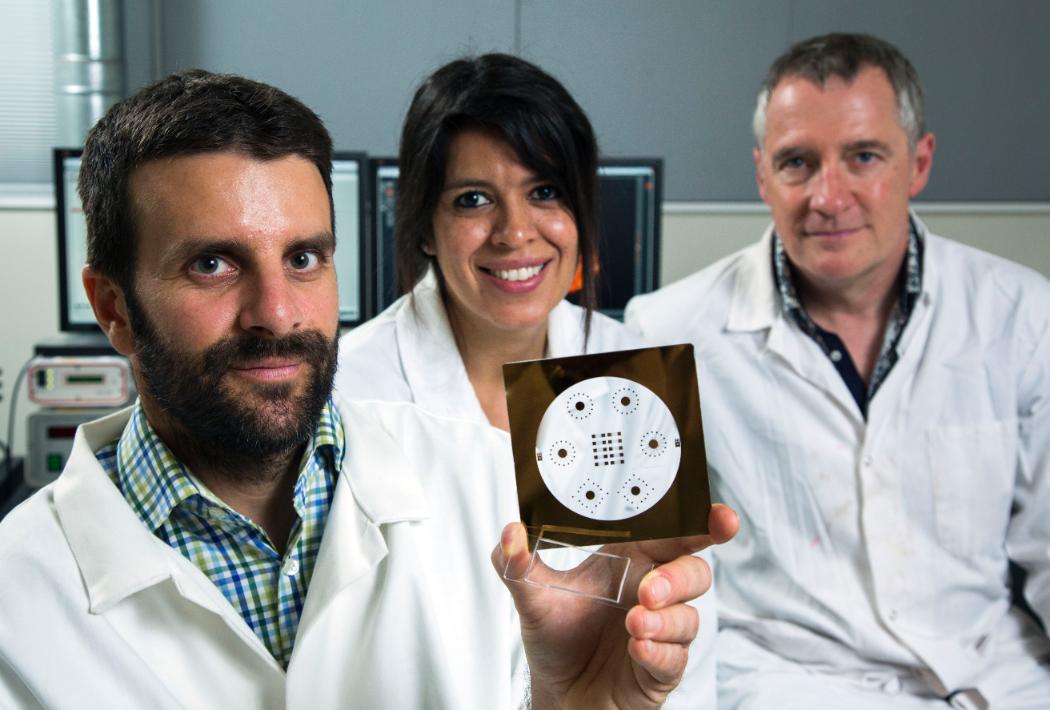
-
Advanced materials and nanotechnology
Specialist UC researchers work on nanotechnology and condensed matter, natural fibres and biocomposites, and more. Check out our research on advanced materials and nanotechnology.

-

Advanced materials and nanotechnology
-
Biological Sciences and Biotechnology Research
Our Biological Sciences and Biotechnology research focuses on Biomolecular interactions, Biosafety, Biomedicine, Bioengineering, Antarctic studies, Atmospheric processes, Aquaculture and marine ecology, Free Radical biochemistry, Freshwater ecology and management, and Plant processes. Learn more.
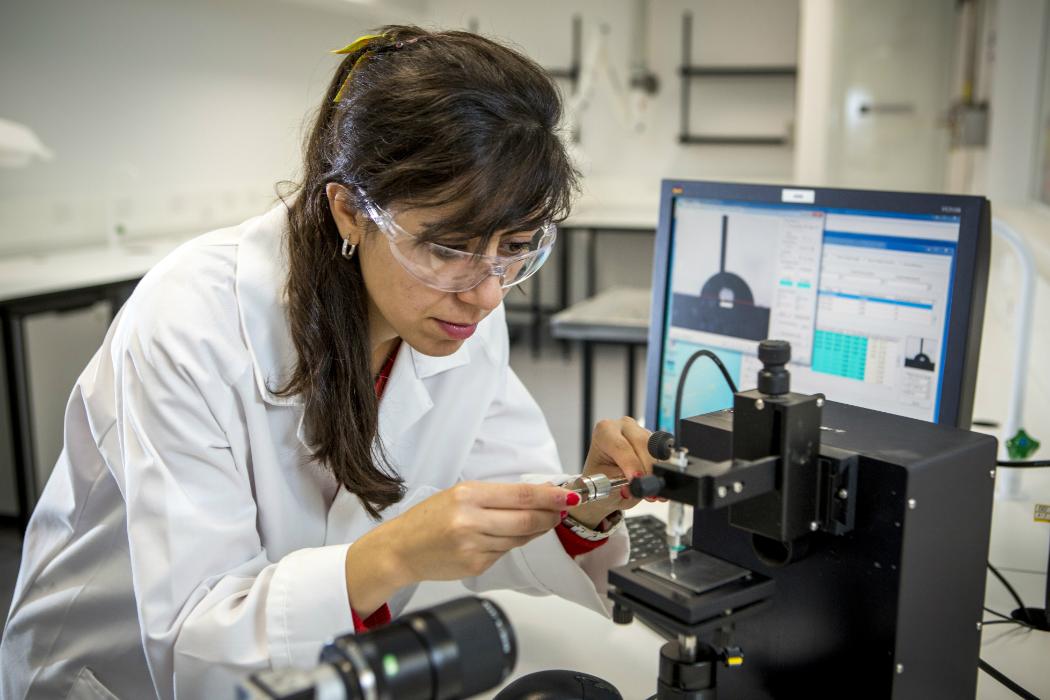
-
Biological Sciences and Biotechnology Research
Our Biological Sciences and Biotechnology research focuses on Biomolecular interactions, Biosafety, Biomedicine, Bioengineering, Antarctic studies, Atmospheric processes, Aquaculture and marine ecology, Free Radical biochemistry, Freshwater ecology and management, and Plant processes. Learn more.

-

Biological Sciences and Biotechnology Research
-
Chemical and process engineering
Our chemical and process engineering researchers are working on Biochemical processes, Energy and fuel production, Catalysis, Food process engineering, Resources and environmental processes, Separation processes, Simulation, and control and computer modelling. Learn more.

-
Chemical and process engineering
Our chemical and process engineering researchers are working on Biochemical processes, Energy and fuel production, Catalysis, Food process engineering, Resources and environmental processes, Separation processes, Simulation, and control and computer modelling. Learn more.

-

Chemical and process engineering
-
Civil and natural resources engineering
UC's civil and natural resources engineering researchers work on Fire engineering, Geotechnical engineering, Fluid mechanics, Hydrological and ecological engineering, Environmental engineering, Timber engineering, Bridge engineering, Earthquake engineering, Structure engineering, and Transportation engineering. Learn more.

-
Civil and natural resources engineering
UC's civil and natural resources engineering researchers work on Fire engineering, Geotechnical engineering, Fluid mechanics, Hydrological and ecological engineering, Environmental engineering, Timber engineering, Bridge engineering, Earthquake engineering, Structure engineering, and Transportation engineering. Learn more.

-

Civil and natural resources engineering
-
Earthquakes, disasters and resilience
UC's earthquake, disaster, and resilience researchers work on Earthquake resilience, Natural and geological hazards, Risk, resilience and renewal, and Hazard and disaster management. Learn more.

-
Earthquakes, disasters and resilience
UC's earthquake, disaster, and resilience researchers work on Earthquake resilience, Natural and geological hazards, Risk, resilience and renewal, and Hazard and disaster management. Learn more.

-

Earthquakes, disasters and resilience
-
Economics and law
UC's economics and law researchers are working on Commercial and corporate law, Socio-legal studies, and Biological economies. Learn more.

-
Economics and law
UC's economics and law researchers are working on Commercial and corporate law, Socio-legal studies, and Biological economies. Learn more.

-

Economics and law
-
Electrical and computer engineering
UC's electrical and computer engineering researchers are working in Acoustics, Communications, wireless and geospatial technology, Computational imaging, Power systems and electronics, and Neural engineering. Learn more.
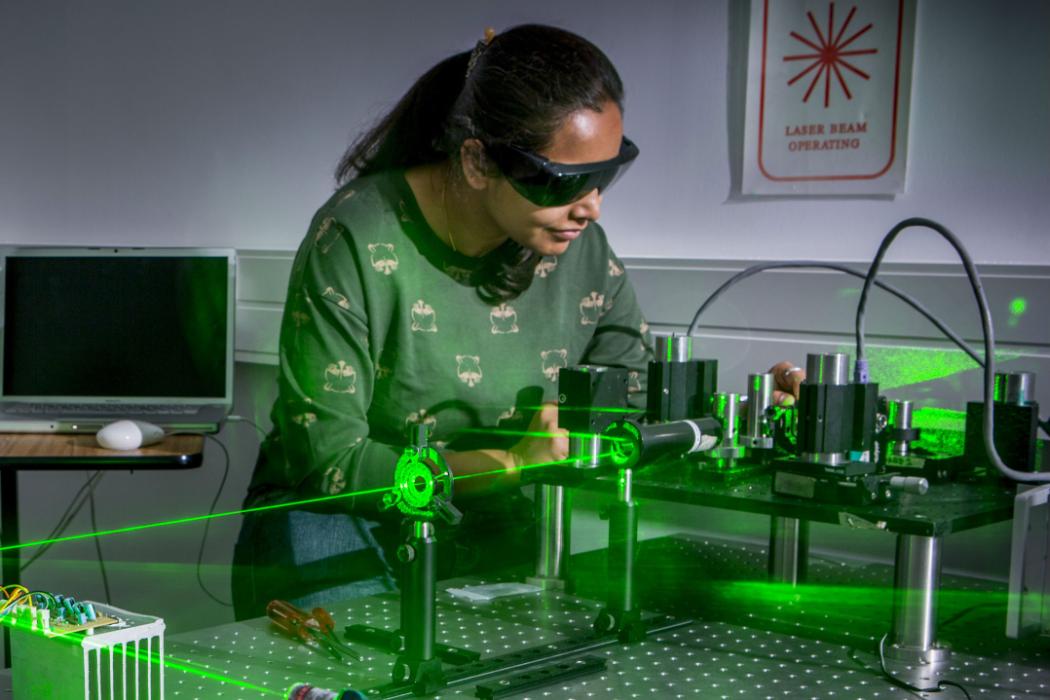
-
Electrical and computer engineering
UC's electrical and computer engineering researchers are working in Acoustics, Communications, wireless and geospatial technology, Computational imaging, Power systems and electronics, and Neural engineering. Learn more.

-

Electrical and computer engineering
-
Forestry research
Forestry research at UC focuses on Sustainable land management, Forest engineering, Forest variability, and Forestry business management. Learn more.

-
Forestry research
Forestry research at UC focuses on Sustainable land management, Forest engineering, Forest variability, and Forestry business management. Learn more.

-

Forestry research
-
Geology and Geography
UC's geology and geography researchers are focusing on Geoarchaeology and forensic geology, Tectonics and landscape evolution, Engineering geology and hydrogeology, and Geothermal energy. Learn more.

-
Geology and Geography
UC's geology and geography researchers are focusing on Geoarchaeology and forensic geology, Tectonics and landscape evolution, Engineering geology and hydrogeology, and Geothermal energy. Learn more.

-

Geology and Geography
-
Health science, technology and psychology
UC's health science, technology and psychology researchers are are focusing on Mathematics and statistics health and ageing research, Health geography, Health services collaboration and effectiveness, Epidemiology, Sleep problems, Childhood development, Employee resilience, Mental health nutrition, Stroke rehabilitation and more. Check it out.
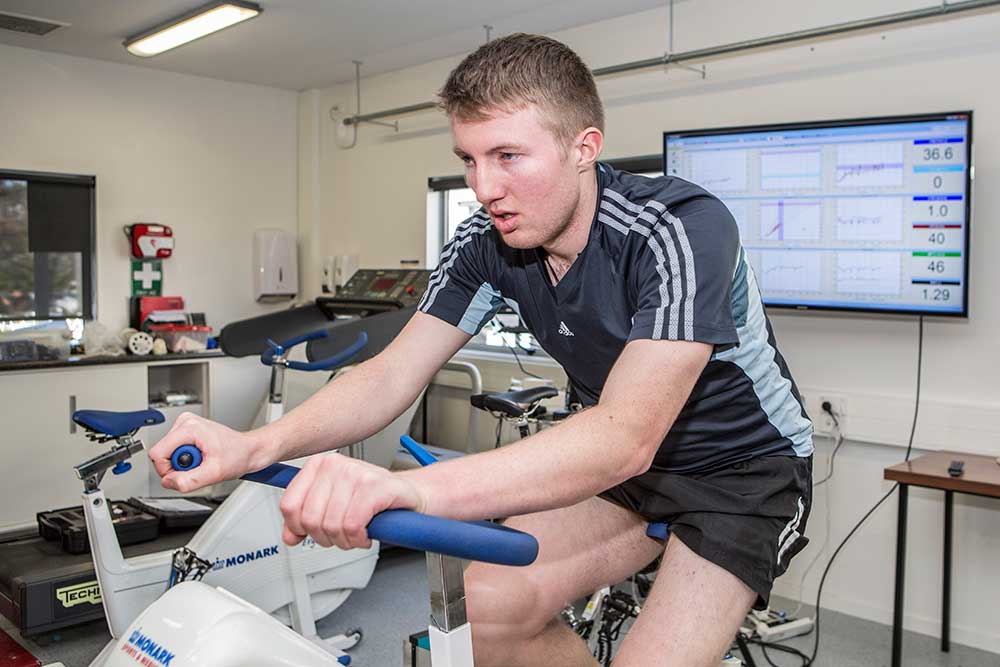
-
Health science, technology and psychology
UC's health science, technology and psychology researchers are are focusing on Mathematics and statistics health and ageing research, Health geography, Health services collaboration and effectiveness, Epidemiology, Sleep problems, Childhood development, Employee resilience, Mental health nutrition, Stroke rehabilitation and more. Check it out.

-

Health science, technology and psychology
-
Information and computer sciences
UC's information and computer science researchers are working on Theoretical computer science and software engineering, Artificial intelligence and intelligent computer tutoring, Computer networking, Human-computer interaction and multimedia, Computer vision, computer graphics and image processing, and Cybersecurity. Learn more.
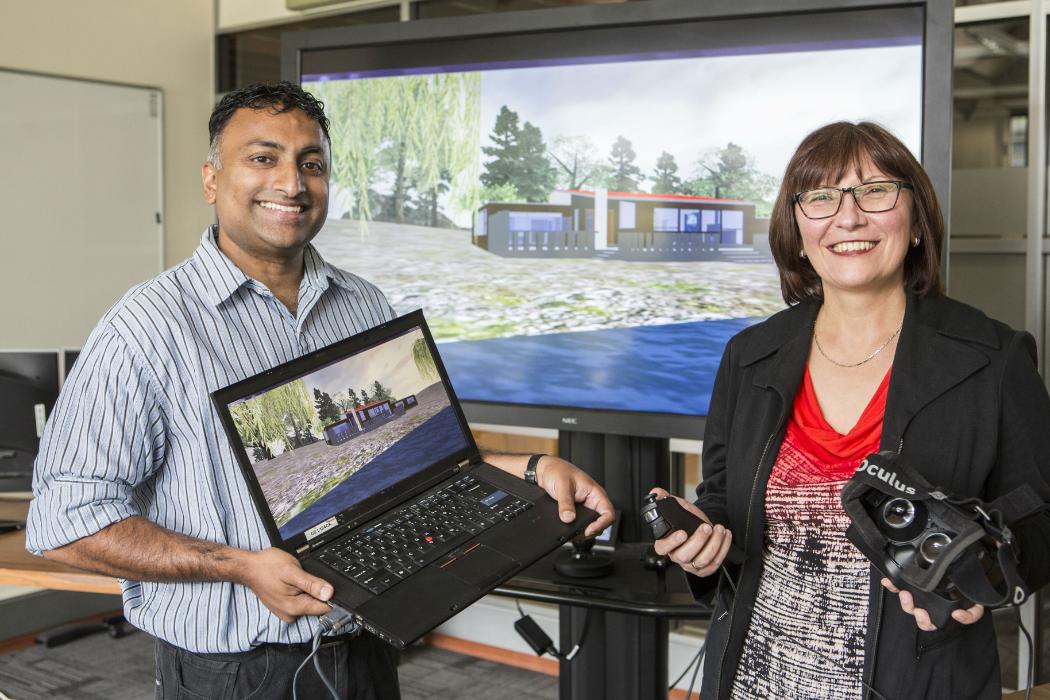
-
Information and computer sciences
UC's information and computer science researchers are working on Theoretical computer science and software engineering, Artificial intelligence and intelligent computer tutoring, Computer networking, Human-computer interaction and multimedia, Computer vision, computer graphics and image processing, and Cybersecurity. Learn more.

-

Information and computer sciences
-
Learning and pedagogy
UC's learning and pedagogy researchers are working on Inclusive and special education, Language and literacy, Creativity and educational change, Early years development, Science and technology education, Educational theory, policy and practice, Māori education, Teacher learning and practice, and more. Check it out.
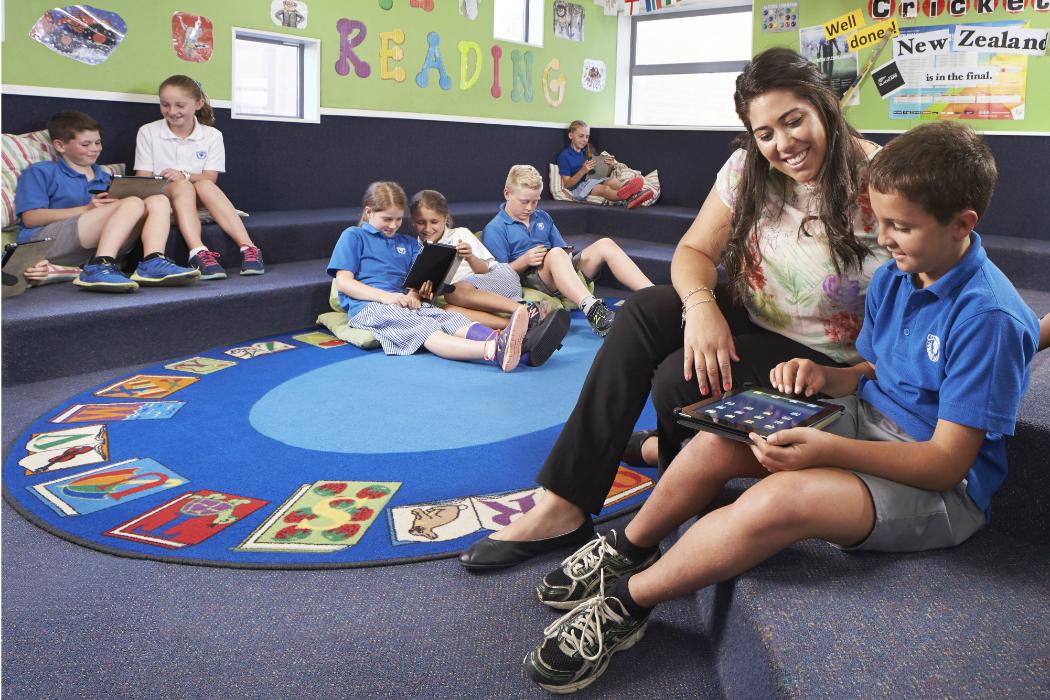
-
Learning and pedagogy
UC's learning and pedagogy researchers are working on Inclusive and special education, Language and literacy, Creativity and educational change, Early years development, Science and technology education, Educational theory, policy and practice, Māori education, Teacher learning and practice, and more. Check it out.

-

Learning and pedagogy
-
Linguistics and communication disorders
Linguistics and communication disorders researchers at UC are focusing on Speech production and perception, Auditory processing, Child language development, and Language, brain and behaviour. Learn more.
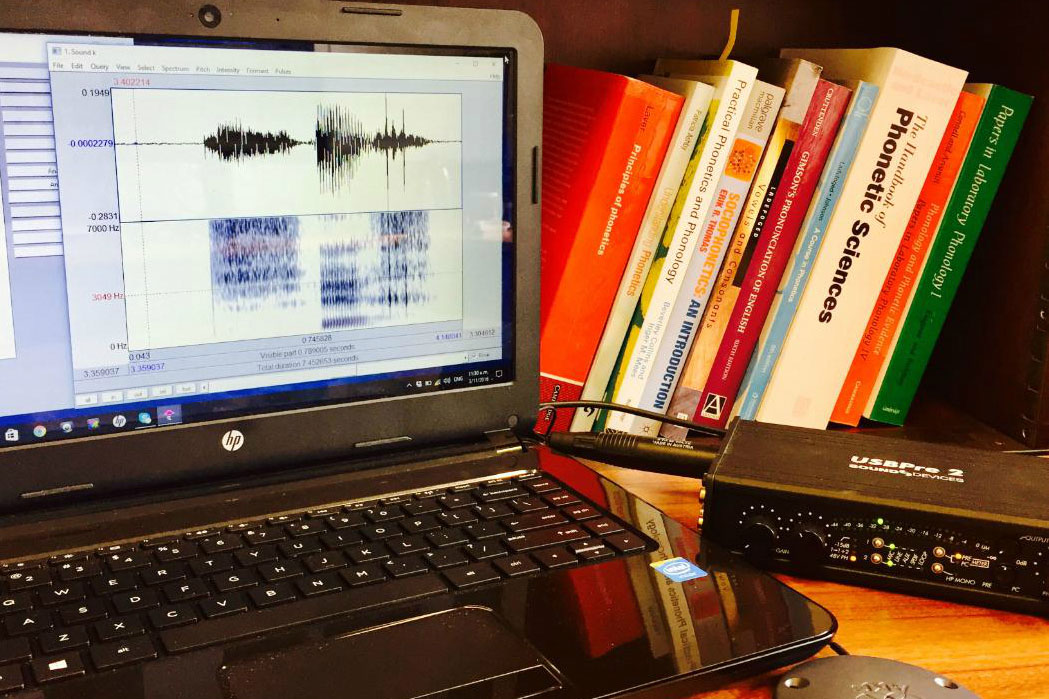
-
Linguistics and communication disorders
Linguistics and communication disorders researchers at UC are focusing on Speech production and perception, Auditory processing, Child language development, and Language, brain and behaviour. Learn more.

-

Linguistics and communication disorders
-
Management, marketing and entrepreneurship
UC's management, marketing and entrepreneurship researchers are working on Energy sector modelling, Sustainability and innovation, Water market management, and Engineering leadership and management. Check it out.
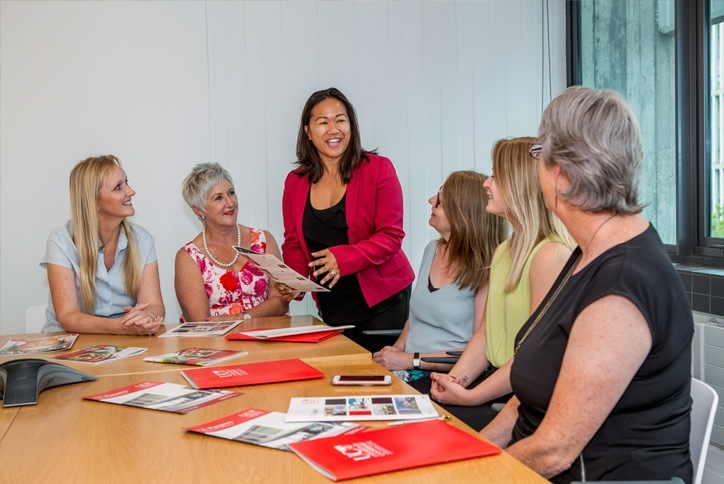
-
Management, marketing and entrepreneurship
UC's management, marketing and entrepreneurship researchers are working on Energy sector modelling, Sustainability and innovation, Water market management, and Engineering leadership and management. Check it out.

-

Management, marketing and entrepreneurship
-
Māori, Pacific and cultural studies
UC's Māori, Pacific, and cultural studies researchers are working on Ngāi Tahu studies, Pacific studies, Asian studies, and European studies. Learn more.

-
Māori, Pacific and cultural studies
UC's Māori, Pacific, and cultural studies researchers are working on Ngāi Tahu studies, Pacific studies, Asian studies, and European studies. Learn more.

-

Māori, Pacific and cultural studies
-
Mathematics
UC’s mathematics researchers are working on Algebra, combinatorics, and logic, Analysis and geometry, Applied statistics, Computational mathematics, Dynamical systems and differential equations, Financial and industrial mathematics, History and philosophy of mathematics, and mathematics education, and more. Check it out.

-
Mathematics
UC’s mathematics researchers are working on Algebra, combinatorics, and logic, Analysis and geometry, Applied statistics, Computational mathematics, Dynamical systems and differential equations, Financial and industrial mathematics, History and philosophy of mathematics, and mathematics education, and more. Check it out.

-

Mathematics
-
Mechanical engineering
UC's mechanical engineering researchers are working on Acoustics and vibrations, Applied mechanics, Design, Electrospinning, Fluid mechanics, Manufacturing, Materials science and engineering, Robotics, control and instrumentation, and Thermodynamics and heat transfer. Learn more.
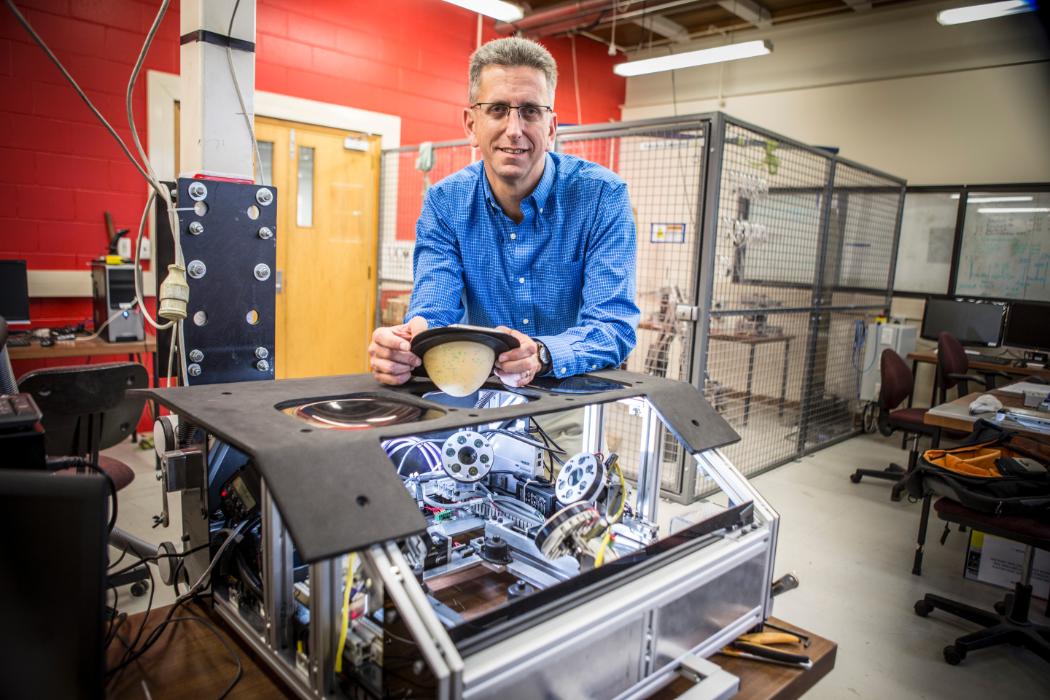
-
Mechanical engineering
UC's mechanical engineering researchers are working on Acoustics and vibrations, Applied mechanics, Design, Electrospinning, Fluid mechanics, Manufacturing, Materials science and engineering, Robotics, control and instrumentation, and Thermodynamics and heat transfer. Learn more.

-

Mechanical engineering
-
Political science and international relations
UC's political science and international relations researchers are working on Sustainable lifestyles and civic environments, Conflict mediation and peace-building, Future studies, and Defence and foreign policy. Learn more.

-
Political science and international relations
UC's political science and international relations researchers are working on Sustainable lifestyles and civic environments, Conflict mediation and peace-building, Future studies, and Defence and foreign policy. Learn more.

-

Political science and international relations
-
Sociology, anthropology and social work
UC's sociology, anthropology, and social work researchers are working on Human-animal studies, Social sciences, and Violence reduction, prevention, and intervention. Learn more.

-
Sociology, anthropology and social work
UC's sociology, anthropology, and social work researchers are working on Human-animal studies, Social sciences, and Violence reduction, prevention, and intervention. Learn more.

-

Sociology, anthropology and social work